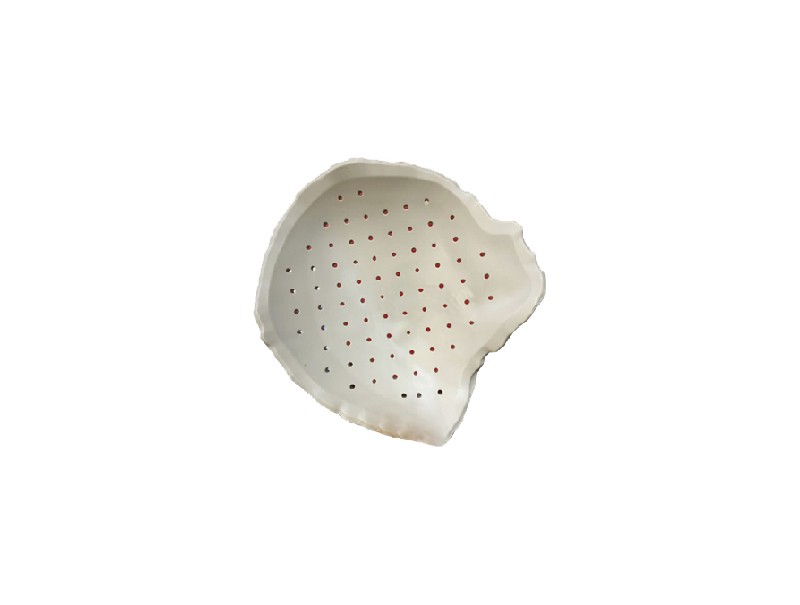Advantage
- Biocompatibility: PEEK is a non-metallic material that has good biocompatibility with human tissues, reducing the risk of allergies and rejection reactions.
- Radiolucent: PEEK is transparent to X-rays and other imaging technologies, which means that during subsequent medical imaging examinations, it will not produce artifacts or interference like metal.
- Light weight: Compared with titanium alloy, PEEK is lighter, which can reduce the pressure and discomfort on the head.
- Thermal insulation performance: The thermal insulation performance of PEEK is better than that of metal, which means that patients are less likely to feel cold or hot discomfort when the temperature changes.
- Customizability: Because PEEK can be processed through CAD/CAM technology, it can be more easily customized to specific shapes and sizes for patients.
- Non-magnetic: PEEK is non-magnetic, which means it will not be affected by strong magnetic fields such as MRI.
- Mechanical properties: The elastic modulus of PEEK is close to that of natural bone, which helps reduce the stress shielding effect and thereby promotes bone growth and repair.
Although titanium alloy materials have good heat transfer, it is a disadvantage for patients. When the patient is affected by the heat and temperature difference between the outside world, the cranial cavity environment changes, which will affect the comfort. For example, in winter, patients come from the warm indoor to the cold outdoor, and the excellent thermal conductivity of the titanium skull plate can make patients feel pain and discomfort. PEEK has good thermal insulation, avoiding the embarrassing situation of titanium alloy mesh films in winter and hot summer.


